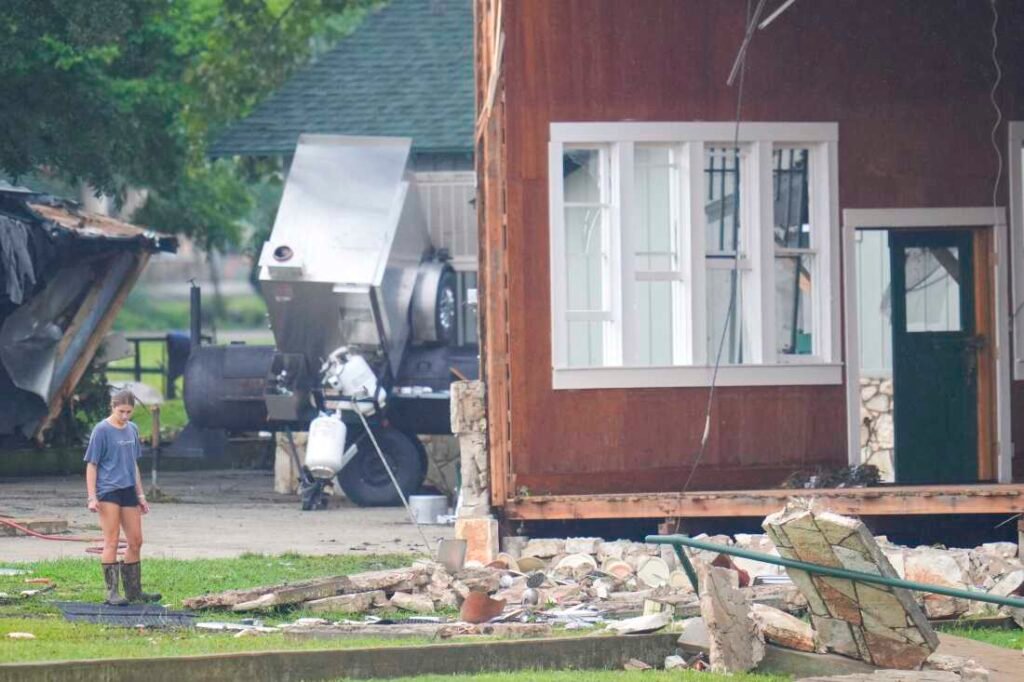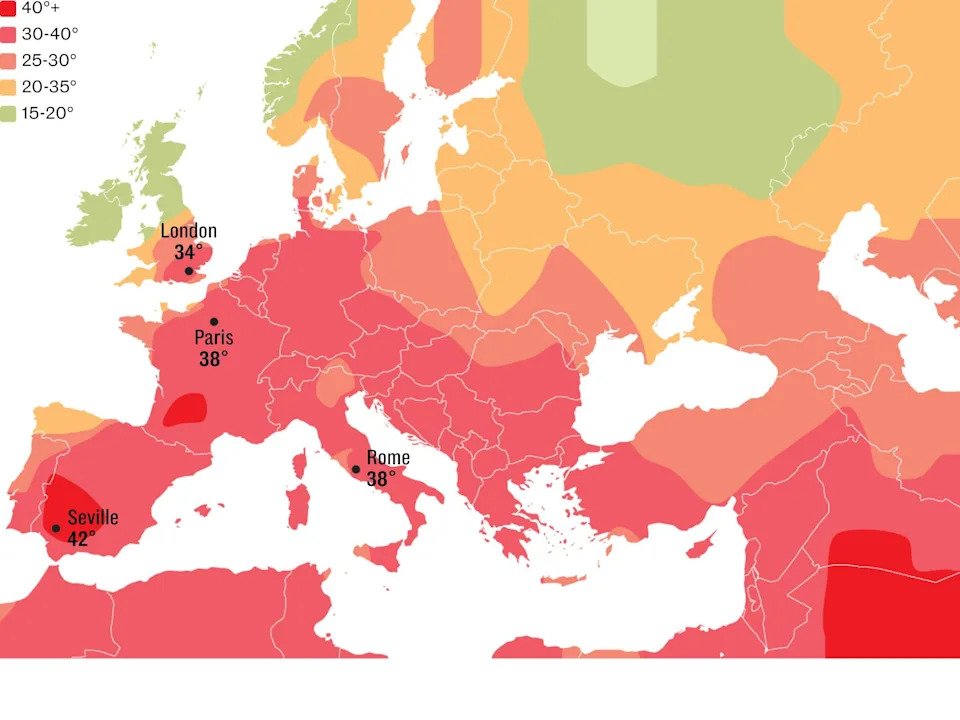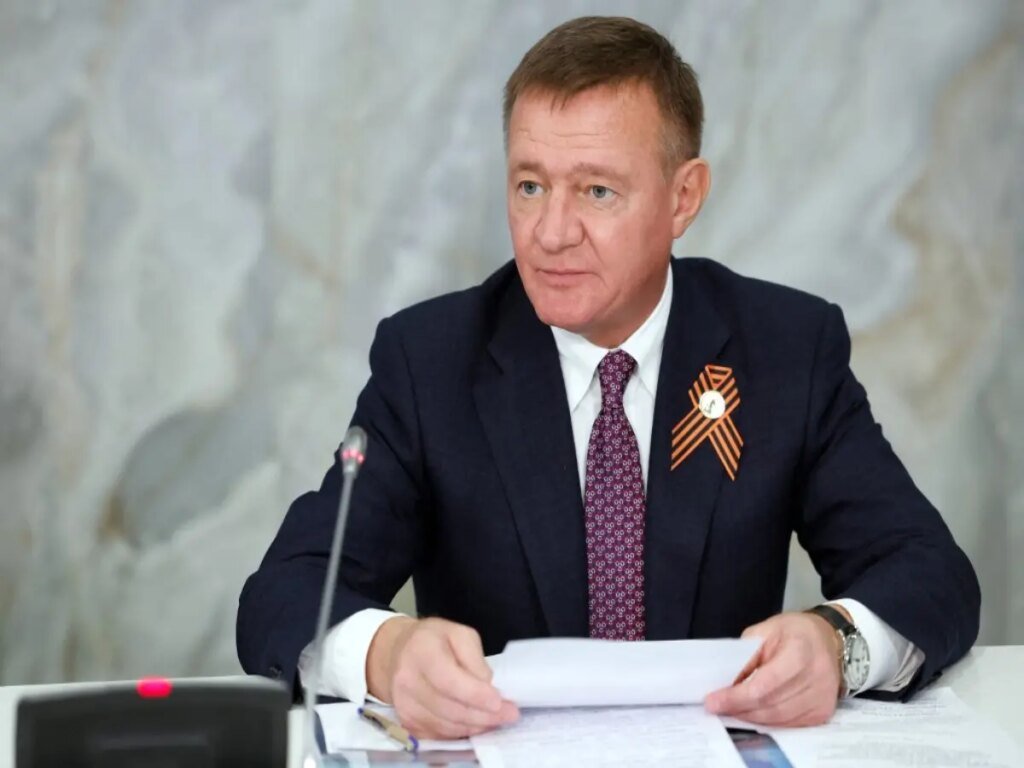Iran has deported more than 300,000 Afghan migrants over the last two weeks, Afghan authorities said.
The exodus has been sparked by a national security drive in Tehran, which fears Afghans could be spying for Israel.
Refugees described arbitrary arrests, detentions and widespread abuse by Iranian security forces, and said tensions spiralled after Israel’s strikes on Iran’s nuclear sites and military leadership last month.
“Some chose to return voluntarily, but most were deported by Iran,” said Ahmadullah Muttaqi, the head of Afghanistan’s information and culture department.
Facing extreme high temperatures and a lack of basic facilities, humanitarian organisations have warned of an impending crisis at the Afghanistan-Iran border.
The International Federation of Red Cross and Red Crescent Societies (IFRC), which assists the returnees, said that many Afghans were arriving with “nothing but the clothes on their back” and “in urgent need of food, support and medical care”.

More than 300,000 Afghan nationals have returned via the Islam Qala border crossing in less than two weeks, – AFP
The International Organisation for Migration (IOM) and other groups are providing temporary aid, but they are not equipped to provide long-term support.
Thousands of Afghans fled to Iran seeking refuge after the Taliban’s return to power in 2021, and could face persecution on their return.
Some female returnees said they were denied support by Taliban authorities as they were travelling without an adult male to accompany them.
Iran is home to an estimated six million Afghans, many of whom are undocumented refugees following decades of conflict in their home country.
Although Tehran was once a welcoming host, the regime in May ordered all those it said were there “illegally” to leave by July 6 or face arrest.
A young Afghan who lives in Tehran told The Telegraph that friends had been tortured by police over a spying allegation.
“Four of my friends were accused of spying and taken to a camp and severely tortured,” he told The Telegraph. “They are innocent migrants. They were dragged from their flat, badly beaten, and one of them nearly died.
“I don’t know about their whereabouts now.”
Another said his father was arrested and tortured for several days, again on suspicion of espionage. “He was kept without food and water, and later deported to Afghanistan. We are facing a grave situation here,” he said.
‘Conditions are harsh’
Videos circulating on social media show Iranian security forces raiding sites in Tehran in which Afghan migrants worked.
On June 20, police released footage of two Afghan men they claimed had confessed to spying on sensitive locations, including the state broadcaster’s headquarters and a senior official’s residence.
Security forces also raided a factory in southern Tehran and detained several Afghans accused of assisting Mossad, the Israeli intelligence agency, in plotting drone attacks on air defence systems in Isfahan.
“We are called Israeli spies in the streets and markets,” said an Afghan migrant deportee. “Conditions are harsh and our grievances are ignored.”
Many deportees have told of systematic harassment and arbitrary arrests. “Arrests of Afghans became widespread. Checkpoints sprang up everywhere. They pulled us off buses, accused us of being spies, and took us away for interrogation,” said one.

The Red Cross said many Afghans arrive with ‘nothing but the clothes on their back’ – AFP
Richard Bennett, the UN Special Rapporteur on Afghanistan, said hundreds of Afghans had been detained on espionage charges, and that the Iranian media was inciting hatred and using dehumanising language against Afghan communities.
Fatemeh Mohajerani, an Iranian government spokesman, said last week: “We’ve always striven to be good hosts, but national security is a priority, and naturally illegal nationals must return.”
Between June 1 and July 5, nearly 450,000 Afghans returned from Iran, a spokesman for the IOM said on Monday, bringing the total for the year so far to more than 900,000.
The IFRC said at the weekend that large groups of Afghans, including many children, were arriving via the Islam Qala border crossing, having endured “exhaustion, hunger, and uncertainty on their journey home” in temperatures hovering over 43C.






